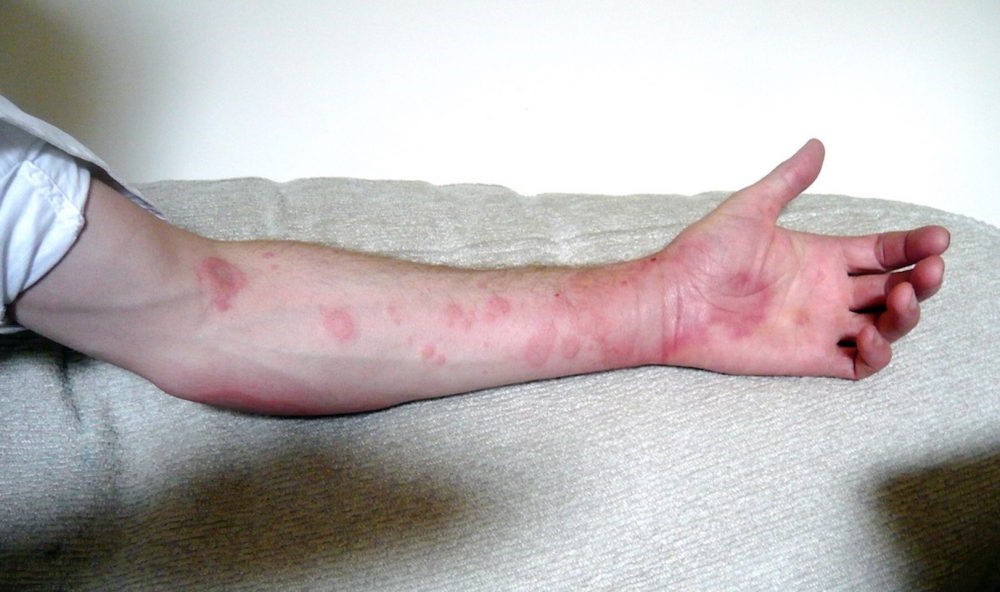
There are several types of steroid for allergies. Among the most popular are allergy shots, which are given over several months or years. Long-acting steroidal allergy shots can provide relief from allergy symptoms, but they also come with a high risk of side effects. They are used only as a last resort when other treatments have failed to reduce allergic symptoms. Here are a few examples of the side effects that you may encounter with these medicines.
As an allergy sufferer, you should avoid using steroids for any treatment. The best way to prevent these side effects is to use natural methods such as eucalyptus oil and a nonsteroidal anti-inflammatory drug (NSAID). Regardless of the method, your healthcare provider will likely prescribe a steroid to relieve your symptoms. If you do develop an allergic reaction, you should talk to your health provider and get an Epipen.
Oral corticosteroids
Oral corticosteroids are a class of medications used to decrease inflammation. These medications can be taken orally, and can help reduce the symptoms of many allergic conditions. They can be taken as tablets or syrups and are generally taken for a short period of time. Prolonged use of a steroid for allergies can increase the risk of side effects. These drugs should only be taken when they are absolutely necessary, not as a long-term remedy.
When used correctly, corticosteroids can alleviate the symptoms of an allergic reaction. They can be taken orally or as a nasal spray. Your healthcare provider will decide whether it is appropriate for you and your family. You should tell your healthcare provider if you have other allergies and what you’re taking. You should also mention any other medications that you take. If you can’t tolerate the steroids, your healthcare provider may suggest alternatives.
Depending on the severity of your allergy symptoms, a steroid may be the best choice for your treatment. It’s important to talk with your doctor if you’re experiencing an allergic reaction to a steroid. If you’re taking it regularly, you may be able to avoid any side effects by minimizing the amount of steroid you take. This medication can also cause a few side effects, so make sure to discuss it with your doctor before deciding to take it.
Although steroids are an effective treatment for allergies, they can have side effects. The side effects of a steroid include weight gain, diabetes, bone deterioration, and cataracts. Therefore, you should try to avoid allergens and other factors that can cause your allergies. Additionally, steroid injections are often prescribed when over-the-counter medications are not enough to reduce the severity of your symptoms. Once you’ve exhausted your other options, the doctor will prescribe a prescription medication that is safe for you and will treat your symptoms.
Side effect steroid for allergies
The steroid for allergies is a common form of treatment for allergic diseases. However, it can also cause side effects if you’re not careful with the dosage. For example, you may experience immediate hypersensitivity to a particular allergen. It can also be dangerous to your health if it’s taken over a long period of time. This type of steroid is available over-the-counter, but you should consult your physician if you have any other medical conditions.
The most common types of corticosteroids for allergies are prednisolone, methylprednisolone, triamcinolone, hydrocortisone, and dexamethasone. It is also possible to have an allergy to a specific steroid, but it’s best to discuss this with your allergist before getting one. If you have a history of any of these conditions, it’s advisable to consult with an allergy specialist before beginning steroid therapy.

If you’re prone to allergy symptoms, a steroid shot may be the best option for you. Despite its side effects, this medication can help you reduce your symptoms of allergies. If you’re allergic to a steroid, you’ll have to speak with your doctor to find the right treatment for your allergy. Alternatively, you can use a nasal steroid that targets your nose. If the steroid is causing an allergic reaction, you can try a less potent steroid.
A steroid shot is one of the most effective treatments for seasonal allergies. A steroid shot is highly effective at reducing the symptoms of allergy, but it can also lead to the development of Cushing’s disease. A steroid shot is often the last resort, and it’s important to consider the long-term effects of the shot before administering it to your pet. These shots may be too strong for your dog’s body, and if you have a history of atopic or inflammatory disease, your doctor may prescribe another type of allergy treatment.